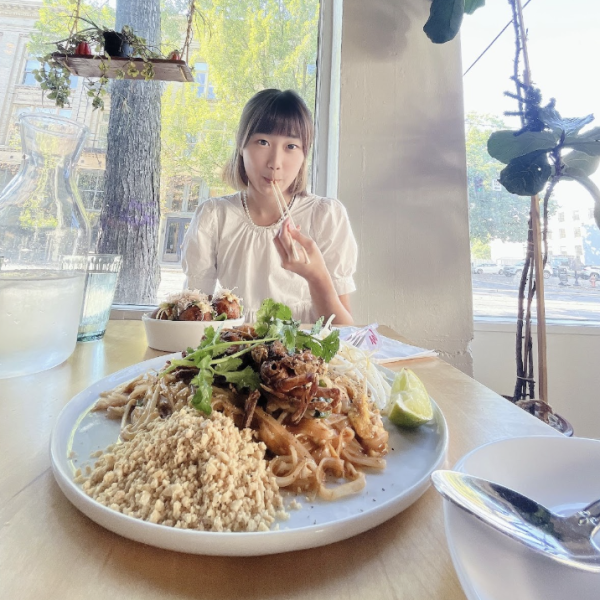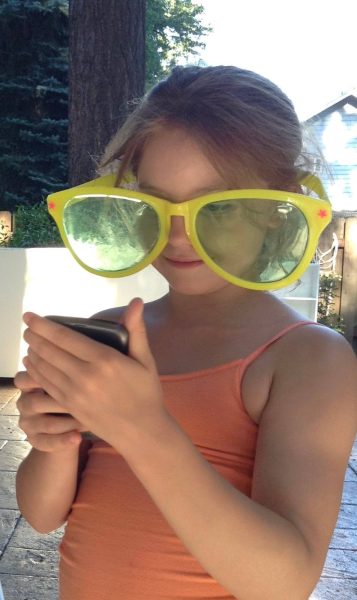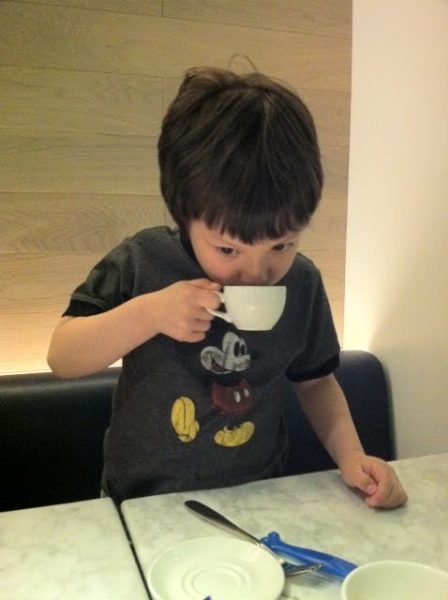Avacado Toast: An ode to ‘The Hunger Games’
November 29, 2022
Volume 71, Issue 1
October 3, 2022
When I was in fifth grade, I fell in love with reading. I was in Ms. Dehning’s class and we had to choose a book on our own. I, by complete chance, picked up “The Lightning Thief,” the first Percy Jackson book, and I couldn’t put it down. This borderline-obsession carried over to middle school where I read a plethora of books, both good and bad. I covered many YA staples, and perhaps one day will write an ode to them too, but today is an ode to one of my favorite books of all time, “The Hunger Games” by Suzanne Collins.
I first read “The Hunger Games” in sixth grade and I was immediately enamored with everything about it. It is rare that I don’t find the central characters of a young adult novel annoying, but rarer still that the world combined with the characters aren’t entirely deplorable altogether. I found myself immersed in both the realism and escapism that I found in the book. The world itself was different, allowing me to imagine and interpret the story in a unique fashion that set itself from other stereotypical dystopian novels.
One thing I loved was the main character, Katniss Everdeen. Everdeen was the first main character that I really identified with and unfortunately it was not because of her archery skills. Everdeen is described as having olive skin, gray eyes and long, brown hair. She was described as athletic and reserved, and she was someone who I finally found myself relating to, to a certain extent. In seventh grade, I went as Everdeen for Halloween and though the costume was atrocious and cheap, I remember feeling confident in my costume because Katniss was the protagonist that I had always wanted to be.
But characters aside, the plot was absolutely fantastic. Recently, I reread “The Hunger Games” and found the story equally captivating the second time through. The story is unique and not in fact a society based on “sorting” (ie: “Harry Potter” or “Divergent”) but geographically. The concept of poverty, insurrection, government, and modern aristocracy are all explored in ways that are futuristic and rooted in truth. Though this ode is entirely spoiler-free, it’s no secret that Katniss winds up in the Hunger Games themselves, which were just as fascinating as the world Collins’ had created.
Additionally, the movie was not actually horrible. Some die hard fans of the books may be quick to argue against this, but here me out. When I was a youngster, I was with you all. I had some serious criticisms of the movie, mostly regarding Josh Hutcherson (who plays Peeta Mellark) and his height. Or how the movie totally butchered Mellark’s pre-game interview (in my opinion), or how everyone looked 10 years older than they were supposed to be. The plot was true to the book,the casting was decent and a lot of the lines were from the movie and not just completely altered. Were there some less than favorable creative liberties taken? Sure. Does the movie look extremely low budget? I can’t argue against that. But, I’ll watch “The Hunger Games” movies any day.
The final thing I appreciated about “The Hunger Games” is the romance, at least from the book perspective. Everdeen and Mellark end up in a somewhat fake romantic relationship, mostly out of survival but Mellark (who initiates it) is rooted in reality. After the Games, Everdeen makes it clear that how she acted during the Hunger Games was strictly for survival, leading Mellark to feel hurt and betrayed. As I’ve gotten older I’ve grown to appreciate how she did not allow herself to be put into a relationship that she did not want to be in. This may sound strange, but I appreciated the idea of turning these typical romantic stereotypes on their heads, preaching that no, “instant love” is not a realistic thing, and that no, the person who likes you does not always like you back. Because it is a young adult novel, the romance is developed throughout the three books, but in the first one, Everdeen never “caves” to the feelings that are somewhat pushed upon her, and she makes it clear that the romance she played up was not really genuine, despite Mellark’s wishes.
To end my rant, I’m going to end it with a toast. I would like to toast to “The Hunger Games,” and its ability to blow up the young adult dystopian drama and for giving me characters to love, plots to become obsessed with, worlds I can see and sleepless nights of nail biting and page turning. To “The Hunger Games,” and may the odds be ever in your favor.




